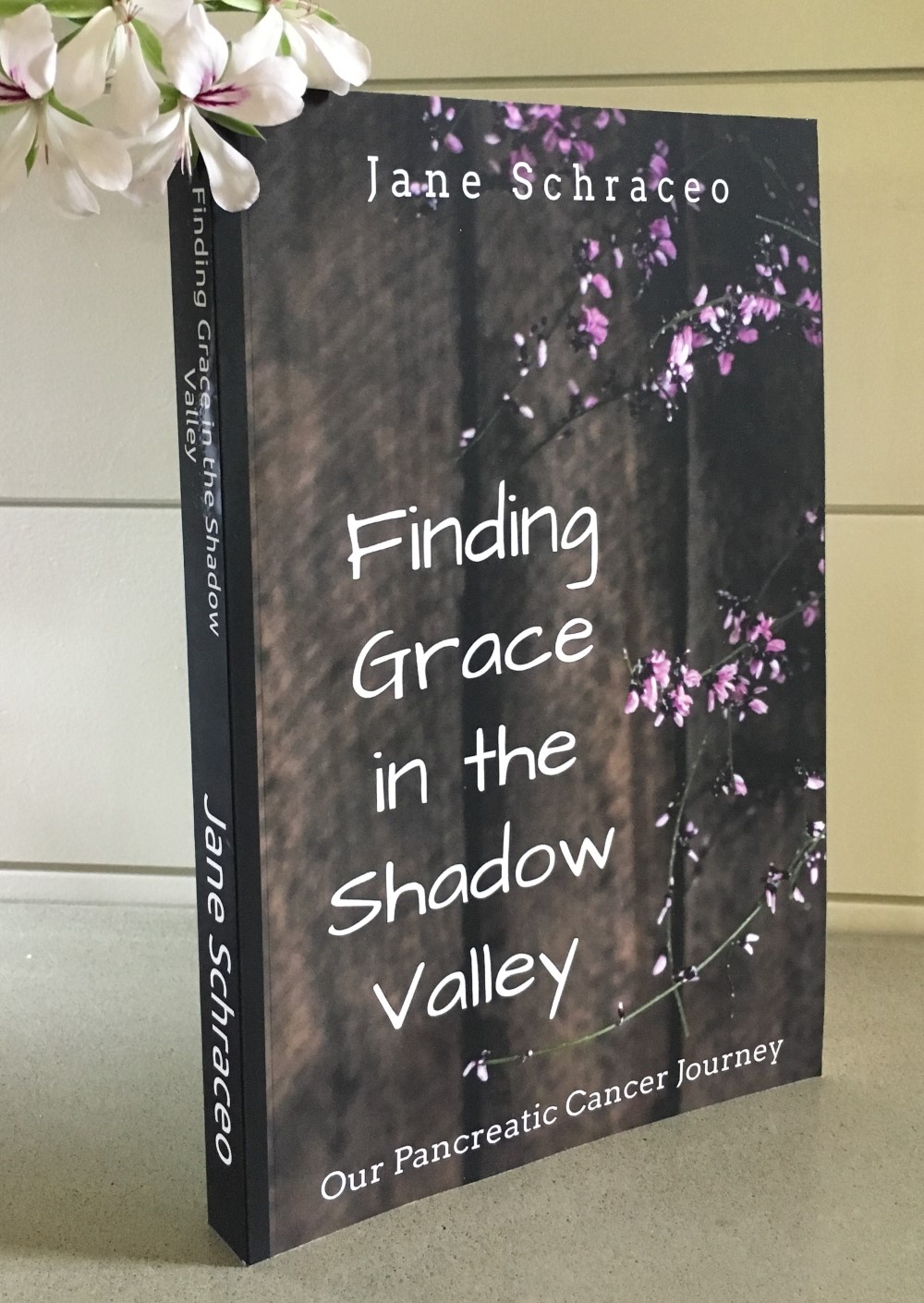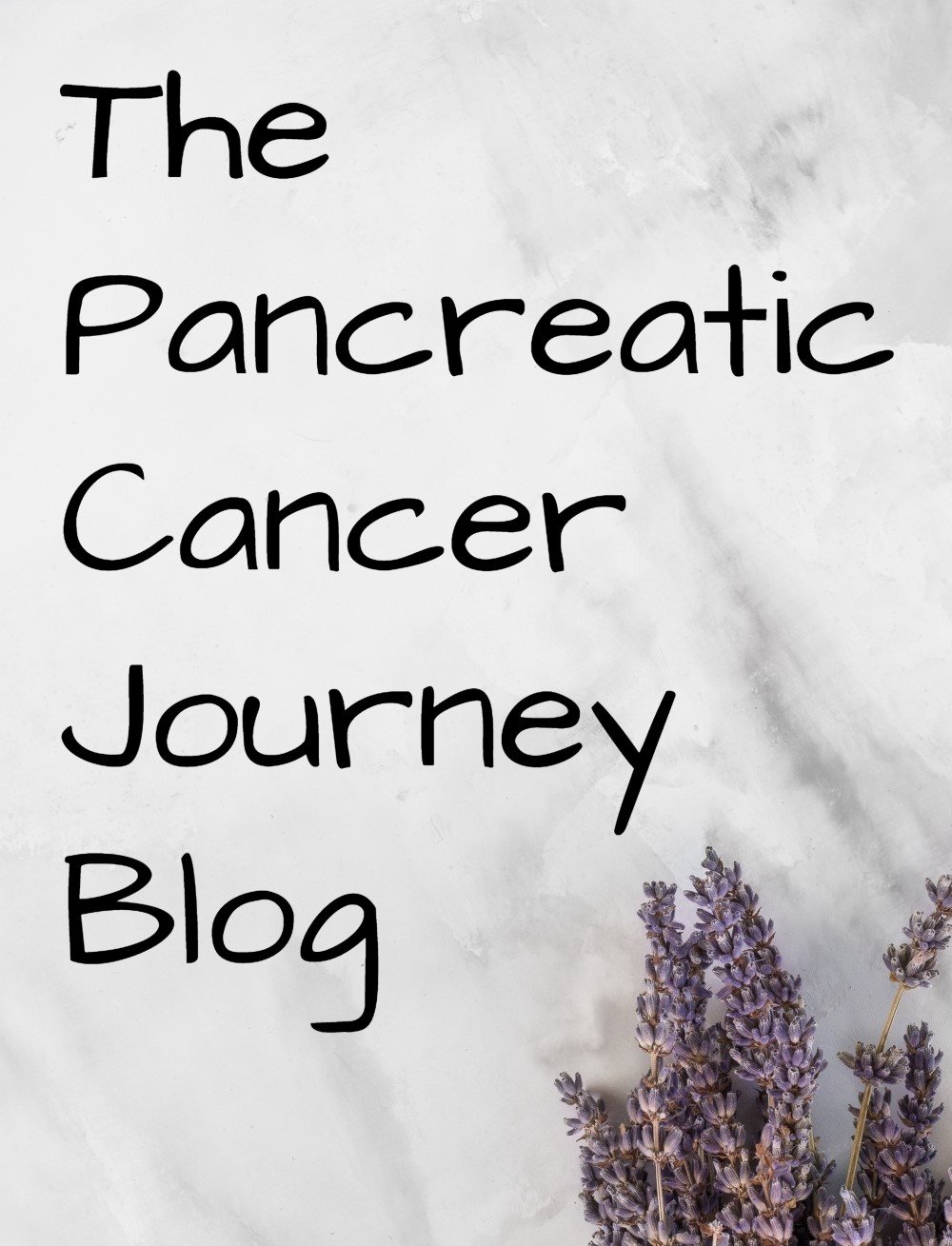Neuroendocrine tumor and the Whipple procedure
by Carole
(Boston)
Scott is a 52 year old professor with a 3.5 year old son, Aidan. I, his wife, am writing this. He was diagnosed with pancreatic cancer (which turned out to be a neuroendocrine tumor) in March 2012. I’ve changed all the names in the blog.
At the end of February, Scott had some unusual stomach pains in his upper left abdomen that got worse during the night. He was not in intense pain, but luckily he was conservative and sensible and went to the doctor (he also went to a meeting before that). The pain had resolved by the time he left the doctor’s office, so he was not terribly concerned. But thankfully they gave Scott a blood test, which showed elevated levels of pancreatic enzymes, consistent (from my Googling) with acute pancreatitis. We thought this was potentially serious, because it could have meant that Scott could never drink again! Now we have a different perspective on serious.
A few days passed, and he was sent to a local hospital for an ultrasound. That revealed a “shadow” on his pancreas. Our perspective and mood, and the speed of events changed pretty drastically at that point. Scott soon returned to our local hospital for a CT, and that clearly showed a “mass.” In a couple of days Scott had an FNA biopsy at a top Boston hospital. That was the worst day, waiting at the hospital for hours while Scott was in surgery, to find out whether he had pancreatic cancer, and if so, how far along it was. My father and my father’s brother died of PC when I was in my early 20s and they were in their late 50s, so I know all about it. They had typical cases. By the time symptoms bring people to seek medical attention, the cancer has already spread and nothing can be done.
As Scott recovered from his anesthesia, we were finally told that it was pancreatic cancer (although the doctor did not say “cancer” until I asked him whether, in his experience, this looked like cancer. He had initially said that nothing conclusive could be determined at this time and we would need to wait a week for the pathology results). But he also said that it was early stage and “resectable.” Could be surgically removed. The endoscopist let us know that a whopping 30% of people who have the surgery at this top Boston hospital survive 5 years! (At other institutions, this number is more like 20 or 25%.) After hearing that Scott had pancreatic cancer, usually a certain death sentence, hearing that he had a 30% chance of living 5 years actually gave us hope. In retrospect I can see how distorted my thinking was, embracing the 30% survival chance and ignoring the obvious 70% chance of not living for 5 years. We were advised to schedule the surgery ASAP.
In a few days we met with our surgeon, one of the top surgeons in the country (who specializes in pancreatic surgery) and the rest of our team (a chemo doc and a radiation doc). They explained that Scott’s tumor was butting up against the portal vein, and that we needed to decide whether to undergo chemoradiation for 5 weeks, then get the surgery, or get the surgery now. Supposedly the goal of the neoadjuvant therapy (see my first blog entry if none of this makes sense) was to shrink the tumor away from the portal vein to increase the chances of a negative margin (associated with an improved prognosis—cancer-free cells around the area of the removed tumor). We were told this was controversial, but our surgeon told us he had changed his thinking on this issue and was in favor of neoadjuvant therapy in “borderline resectable” and even possibly all cases of resectable pancreatic cancers (only 15-20% of people who have pancreatic cancer present at an early enough stage to be eligible for a resection). We wanted to make a quick decision (and we think we made the right one), and went with what the team recommended, neoadjuvant therapy, hopefully followed by surgical resection (Whipple procedure). Our surgeon has performed over 700 Whipples, so we feel we are in good hands as far as his surgical expertise.
Read more of our story at www.lifeafterwhipple.tumblr.com/
Comments for Neuroendocrine tumor and the Whipple procedure
|
||
|
||
Copyright © PancreaticCancerJourney.com
Nothing on this website should be construed
to constitute medical advice.




